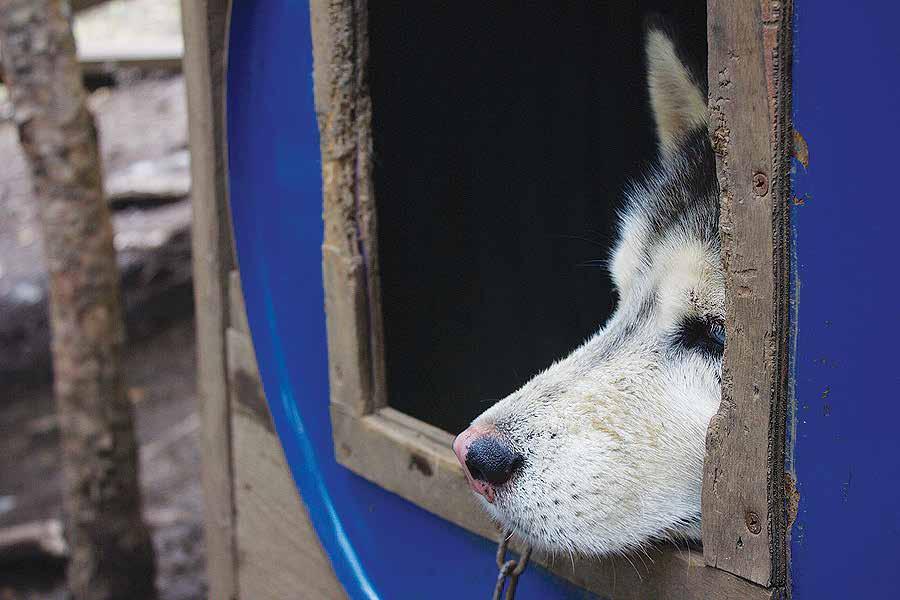
2 minute read
Resources

Dogs / from page 25 Like babies, dogs are more likely to interact with things and other people when they feel the secure presence of their caregivers.
Advertisement
ment for yourself or the depressed family member, which should alleviate your dog's sadness.
Dogs also experience depression when they lose a family member, whether it's another pet or human companion. Sometimes dogs improve if a new pet is introduced, but not always. When a dog loses its owner, this can be particularly devastating.
An interesting 2013 study was reported by CBS News online, in "Study: Dogs bond with owners similar to babies with parents." Researchers observed that the "secure base effect" phenomenon that's experienced by babies also occurs in dogs. Like babies, dogs are more likely to interact with things and other people when they feel the secure presence of their caregivers. If your dog has lost a beloved family member or caregiver, those closest to your dog should intervene and give it extra love and attention.

Another cause of depression in dogs is punishment. Animal behaviorists say when dogs are repeatedly punished with shock collars or other physical means, dogs come to feel helpless. Not only can it cause aggression in dogs, but it can also cause dogs to withdraw. The best method for training dogs is with rewards for positive behavior. This is not only better for their emotional health, but it’s also more effective.
Finally, certain medical conditions, such as thyroid problems can cause depression. If your dog is depressed, and especially if there’s no apparent reason for it, have your dog checked out by your veterinarian.

When dogs are confined to a crate or bathroom for extended hours, it can lead to depression.
Signs your dog is depressed
The most common symptoms of dog depression are similar to those in humans. They include: • Sleeping more than usual
• Withdrawal or hiding
• Loss of interest in food
• Loss of interest in things it previously enjoyed, or inactivity
• Excessive licking, particularly of their paws
• Self-mutilation (in more severe cases, often related to separation) anxiety
What to do if your dog is depressed
First, if you suspect any of the reasons above is causing your dog’s depression, try to remedy the situation that’s causing it. This will often resolve your dog’s sadness. But if your dog doesn’t improve, an antidepressant can help, particularly in anxious dogs. Dogs are prescribed many of the same antidepressants as humans. But always talk with your veterinarian before giving one to your dog.










